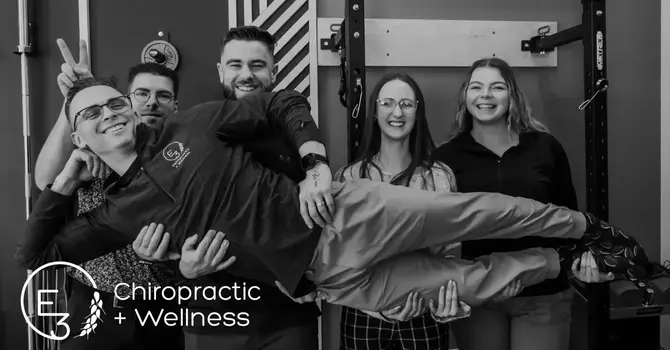
The Achilles tendon is the largest and strongest tendon in the human body, connecting the calf muscles to the heel bone. It plays a crucial role in activities such as walking, running, and jumping. However, this tendon can be vulnerable to injury, particularly for athletes who frequently engage in high-intensity activities. In this blog post, we will explore common Achilles injuries and how physiotherapy in Saskatoon can help you recover.
Common Achilles Injuries
Several types of Achilles injuries can occur, ranging from mild to severe. The most common types include:
- Acute Achilles Tendinopathy: This is a condition where the Achilles tendon becomes inflamed due to repetitive strain, overuse, or improper footwear. Symptoms include pain and stiffness in the heel and calf.
- Chronic Achilles Tendinopathy: This degenerative condition occurs when the Achilles tendon becomes damaged and weakened over time. Symptoms include pain and swelling in the Achilles area, particularly after exercise.
- Achilles Rupture: This is a severe injury that occurs when the Achilles tendon completely tears or ruptures. Symptoms include sudden and intense pain in the heel, difficulty walking, and swelling.
Common Causes of Achilles Injuries
Achilles injuries can be caused by a variety of factors, including:
- Overuse and Repetitive Strain: Engaging in repetitive activities that put excessive strain on the Achilles tendon can lead to injuries over time. This can occur in athletes who participate in sports such as running, jumping, or dancing, where the tendon is subjected to repetitive motions.
- Sudden Increase in Activity Level: Rapidly increasing the intensity, duration, or frequency of physical activities without giving the body adequate time to adapt can put excessive stress on the Achilles tendon, increasing the risk of injury.
- Age and Degeneration: As we age, the Achilles tendon can gradually lose its elasticity and strength, making it more prone to injury. This degeneration can increase the risk of tendonitis or tendinosis.
- Poor Training Techniques: Incorrect form or improper training techniques, such as inadequate warm-up or cool-down or inadequate rest periods, can place excessive strain on the Achilles tendon, leading to injuries.
Physiotherapy for Achilles Injuries
Physiotherapy is a non-invasive, drug-free approach to treating Achilles injuries. It involves a combination of techniques such as exercise, manual therapy, and modalities like ultrasound and laser therapy. Here are some ways that physiotherapy can help you recover from an Achilles injury:
- Pain Relief: Physiotherapists can use various techniques to help manage your pain, such as ice therapy, massage, and stretching. They may also recommend over-the-counter pain medications or refer you to a physician for stronger pain relief options if necessary.
- Strengthening Exercises: A physiotherapist will design an exercise program that targets the muscles and tendons around your Achilles area to help strengthen and stabilize the area. These exercises may include calf raises, heel drops, and eccentric strengthening exercises.
- Stretching: Stretching is essential to help improve flexibility and reduce stiffness in the Achilles area. A physiotherapist may use techniques such as passive stretching, active stretching, or proprioceptive neuromuscular facilitation (PNF) stretching to improve your range of motion.
- Dry Needling: Modalities such as dry-needling can help promote healing in the Achilles area by increasing blood flow and reducing inflammation. A physiotherapist may use these modalities in conjunction with other techniques to enhance the healing process.
- Education and Prevention: A physiotherapist can provide you with education on proper footwear, training techniques, and injury prevention strategies to help you avoid future injuries.
In conclusion, Achilles injuries can be challenging to manage, but with the help of physiotherapy in Saskatoon, you can recover and return to your usual activities. Physiotherapy offers a non-invasive, drug-free approach to treating Achilles injuries that can help reduce pain, improve flexibility, and promote healing. Working with a qualified and experienced physiotherapist can help ensure that you receive the appropriate treatment plan tailored to your unique needs and goals.
It's important to remember that preventing Achilles injuries is just as crucial as treating them. Your physiotherapist can provide you with education and strategies to help you avoid future injuries, such as proper footwear, stretching and strengthening exercises, and training techniques.
When choosing a physiotherapist in Saskatoon, consider their qualifications, experience, and communication skills. The physiotherapists at E3 take the time to listen to your concerns, explain your treatment plan in detail and provide ongoing support and guidance, which can make a significant difference in your recovery.
If you are experiencing Achilles pain, click HERE to book an appointment today!





